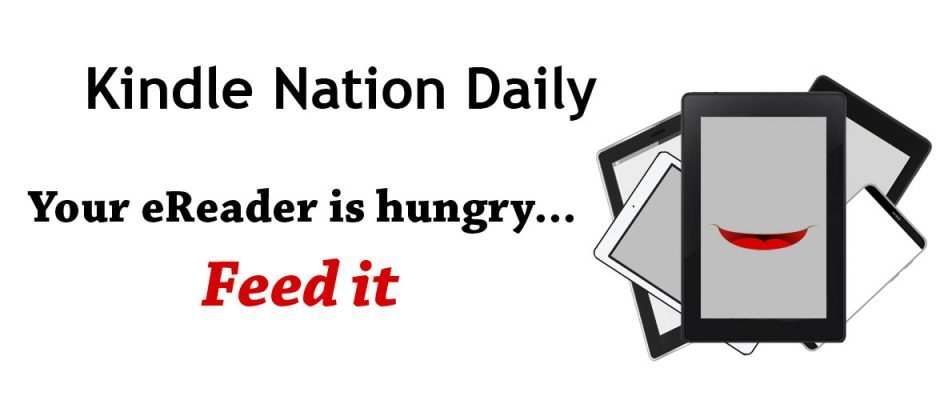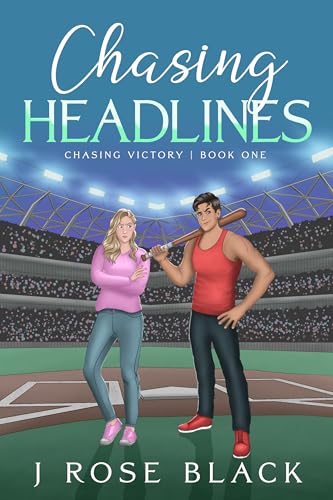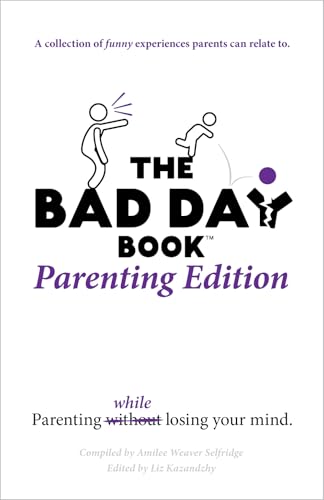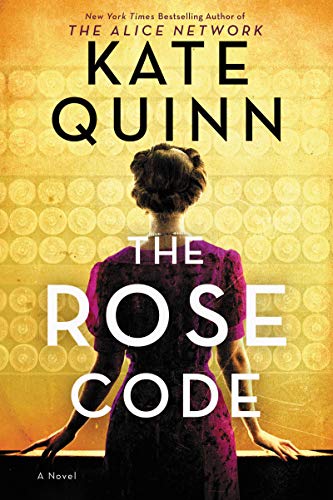- Originally posted to Kindle Nation Daily 6.29.2010.
By Stephen Windwalker, Editor of Kindle Nation – © Kindle Nation Daily 2010
Reporters, pundits, and bloggers tend to see the world in terms of conflict. It makes it easier to organize information, and it certainly makes it easier to write headlines.
But even more than conflict, we like scoops, and I noticed something this morning that made me wonder if who attributed last week’s dramatic Kindle price cut (from $259 to $189) to a price war between the Kindle and the Nook or a death match between the Kindle and the iPad might have missed out on a scoop. Could the biggest “tell” about what really happened have been evident in an ever-so-slight change that turned up this week in the wording of Amazon’s own press releases. Here’s the tale of the text:
- Last October, when Amazon lowered the Kindle’s price by $40 to $299 for the 2009 holiday season, the company began describing the device by saying “Kindle is the most wished for, the most gifted, and the #1 bestselling product across the millions of items we sell on Amazon.” That October 7 press release quoted CEO Jeff Bezos directly, and the statement, importantly, was cast in the present tense. In a previous releases in February 2009, the Kindle had been “the No. 1 seller in Electronics on the Amazon.com Web site,” so it was clear that it had moved up significantly in the company’s overall sales rankings across categories.
- On November 30, 2009, another release said “Kindle continues to be the most wished for, the most gifted, and the #1 bestselling product across all product categories on Amazon.” The present tense was used again, and for a publicly traded company the penalties could be severe if there were fudging about what was meant by such a statement.
- The same language, always in the present tense, continued to show up in Amazon’s Kindle-related press releases nearly every month through late 2009 and the first half of 2010, right up through a pre-Father’s Day release on June 15 that began “Amazon.com, Inc. (NASDAQ:AMZN) today announced free expedited shipping for Kindle, Amazon’s most gifted, most wished for, and #1 bestselling product.”
- Then in a release last Monday, June 21, announcing a new price cut to $189, the language changed ever so slightly, and the present tense was gone: “Since its release, Kindle has been the #1 bestselling product across the millions of items sold on Amazon.” In the two Kindle-related releases since, the line has not appeared in any form. H’mmmm.
Trained in close textual analysis in one of the finest English departments of the world, I wondered if I might not be on to something! Could the magic that I had honed decades ago in deconstructing the manuscript development of Lady Chatterley’s Lover be applicable to the creative work product of Amazon’s press office?
After all, might saying that the Kindle has been #1 over a period of years allow the company to accommodate individual weeks or months, more recently, when it may have slipped from that lofty position, while still maintaining the basic upbeat message?
In an appearance last week on Len Edgerly’s The Kindle Chronicles podcast last week, Amazon VP for Kindle Content Russ Grandinetti steered listeners away from the idea that the Kindle price cut was a response to Barnes & Noble’s having announced — just 7 hours and 15 minutes earlier! — that it was cutting the price of its Nook ereader from $259 to $199:
“I would encourage everyone looking at this to really pull back and look at the longer arc of our progress on Kindle,” Grandinetti told Edgerly. “One of the things we’ve done from the day that we started is to work to build efficiencies in the way we build the devices and pass them on in price to customers, so this is far from the first price drop that we’ve done and it’s entirely consistent with our strategy of offering people the best experience, and the best experience also includes price. We as a company always try to offer customer the best pricing, and Kindle is no different.”
While that all sounds like Amazon 101, and we all may have a tendency to take such corporate statements with some sodium or see them as misdirection plays from a company that tries assiduously to avoid discussing other companies’ products, there was little doubt that a price cut was coming sometime this summer for the current model of the Kindle.
The real question was when it would come, and it seemed no accident that, if the Kindle fell from its #1 in-house perch sometime after June 15, that fall may have driven the timing of the June 21 price cut more than any external force.
Aha! What fun! All I needed was a comment from Amazon, so I sent off a query to a couple of contacts in the press office there.
“I’m wondering if you could give me any comments on whether the change in language reflected any change in the Kindle sales ranking across all Amazon categories,” I wrote. Maybe I’d hear back, maybe I wouldn’t.
It took Amazon spokesman Andrew Herdener less than an hour to get back to me.
End of story, at least for now. But, truth to tell, I don’t regret that I asked, because while it’s fun to get the story first, it’s far better to get it right, and it’s frankly pretty amazing how much sloppy, seat-of-the-pants reporting and analysis we see in the gadget press with respect to the Kindle, ebooks, and the publishing world.
Meanwhile, whatever purposes the price cut may have had, it seems to be working just fine. At the risk of relying on anecdotal signals (as opposed to close textual analysis), let me just say that the signals we’ve been watching over the past week tell us that Kindle sales velocity since June 21 has been greater than at any time since January.
But we have no confirmation on that, and we won’t have any until Amazon announces its second-quarter earnings late in July.
And, speaking of fun, that day could be fun.













